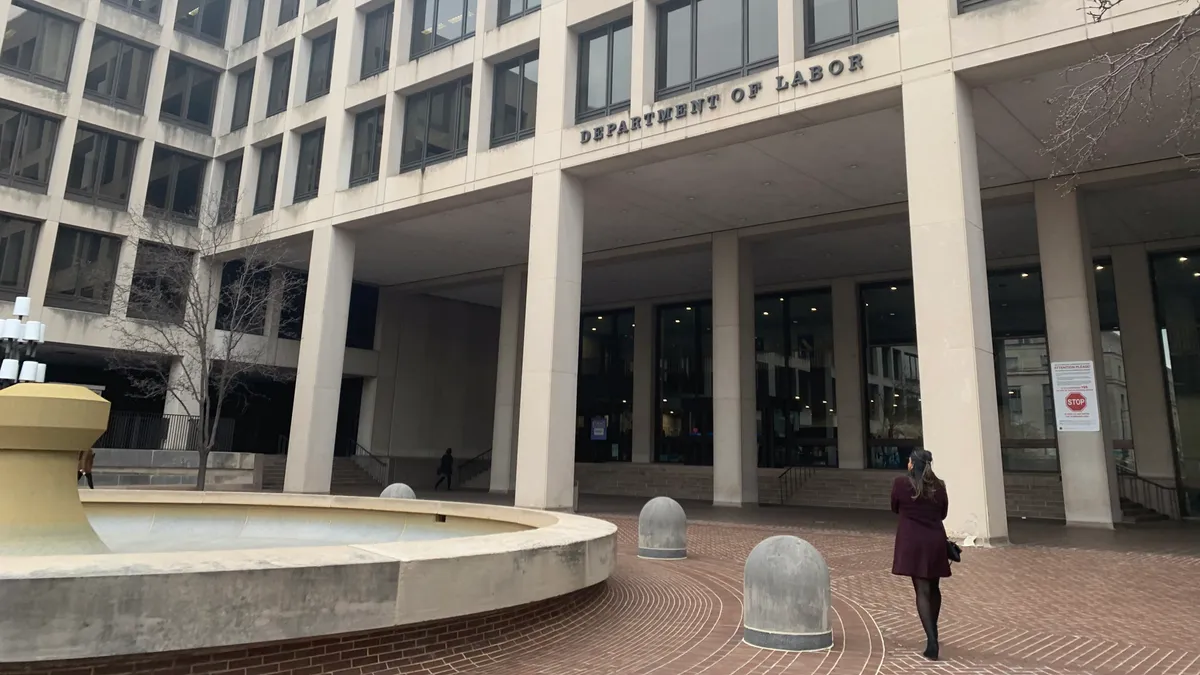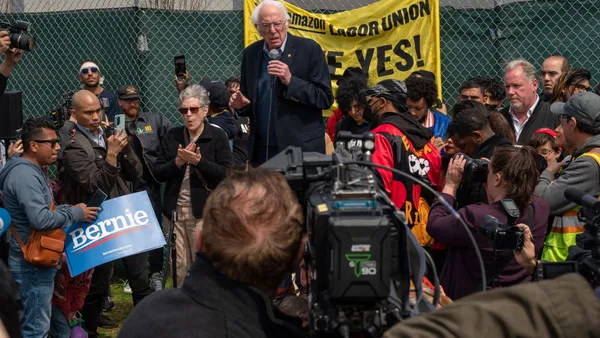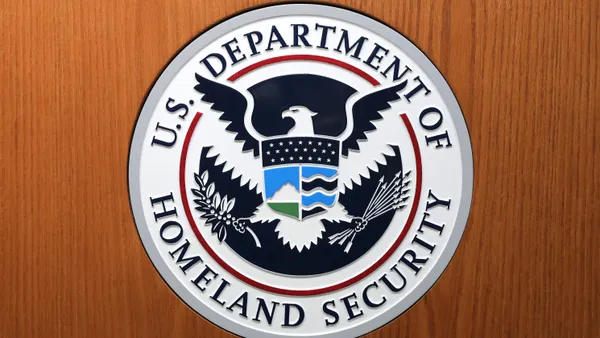In a recent poll of 3,000 professionals, 77% of employees said they feel anxious when anticipating their post-vacation workload, experiencing emotions ranging from malaise to anger, according to an Aug. 20 report from Glassdoor.
This feeling is even greater for some workers — with 84% of women saying they feel anxious about their workload before returning from paid time off (PTO), as compared with 71% of men. In addition, the top three industries where professionals expressed the most anxiety were law (83%), advertising (80%) and accounting (78%).
PTO policies differ across companies, whether as a combination of sick days and vacation days, or the increasingly popular option of unlimited PTO.
“While HR policies may be clear about PTO (in terms of number of days off and those kinds of parameters), clients frequently tell me that there is a lot of ambiguity around supervisor and team expectations,” Dr. Erika Bocknek, a licensed therapist, told Glassdoor. “This may include a lack of clarity around tasks, or it may reflect supervisor and colleagues’ ambivalence about the individual having taken time off.”
Recent studies indicate that less than half of U.S. workers use their PTO allowance, and 47% feel guilty for taking a vacation, Glassdoor said. In addition, 68% of Americans report working on vacation.
Workers struggle to set boundaries while on leave and still check work-related tools such as email, text messages, Slack and Teams, Glassdoor said. Nearly half of respondents also said they struggle with thoughts of leaving their jobs while on PTO, and some even said they quit while on leave.
In response, leaders can help their employees to take PTO — and enjoy their time off — by establishing pre- and post-PTO check-ins, Glassdoor said. Leaders can set reasonable expectations about productivity before and after leave, as well as set a positive example by using their own PTO, Bocknek added.
Although 83% of U.S. workers say they’re satisfied with their company’s PTO and vacation policies, 78% said they don’t use the maximum PTO allowed by their employers, according to a survey by The Harris Poll. The top reasons for not taking more time off included heavy workloads and pressure to be available. Even when on leave, 60% said they struggled to fully disconnect.
Half of workers have taken or considered taking a “quiet vacation,” and 14% have lied to their managers about their whereabouts during that time, according to a Monster report. Among the reasons why, some remote workers said they didn’t think it mattered, while others said they were overwhelmed and needed a break, they didn’t want to lose out on pay by officially taking PTO or they didn’t think their managers would notice.












